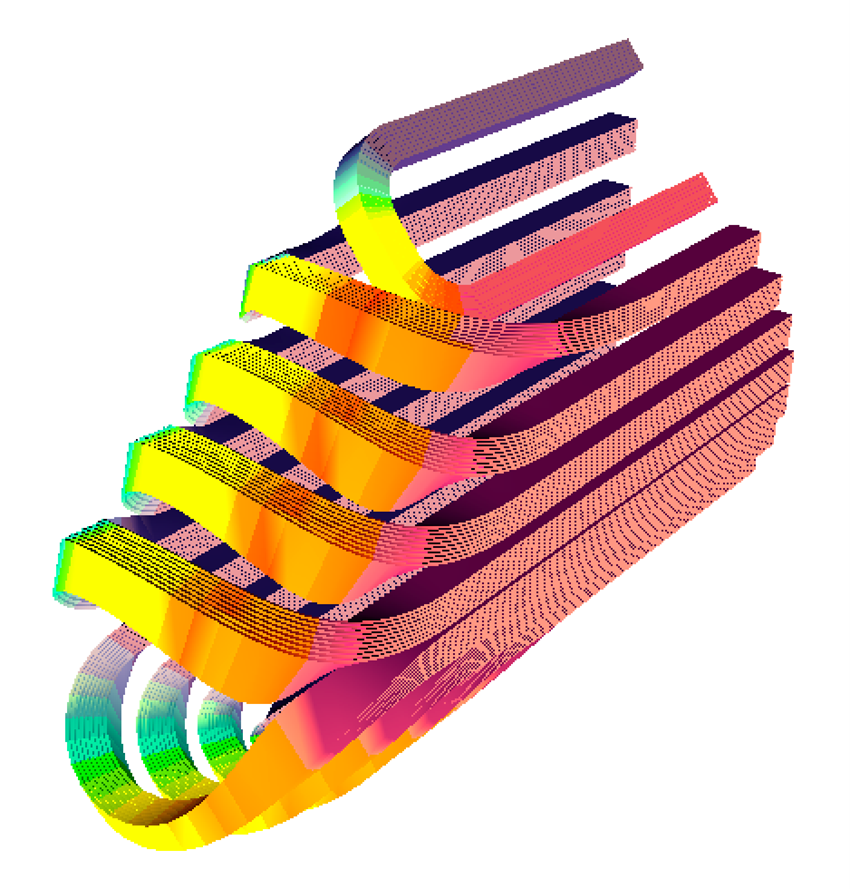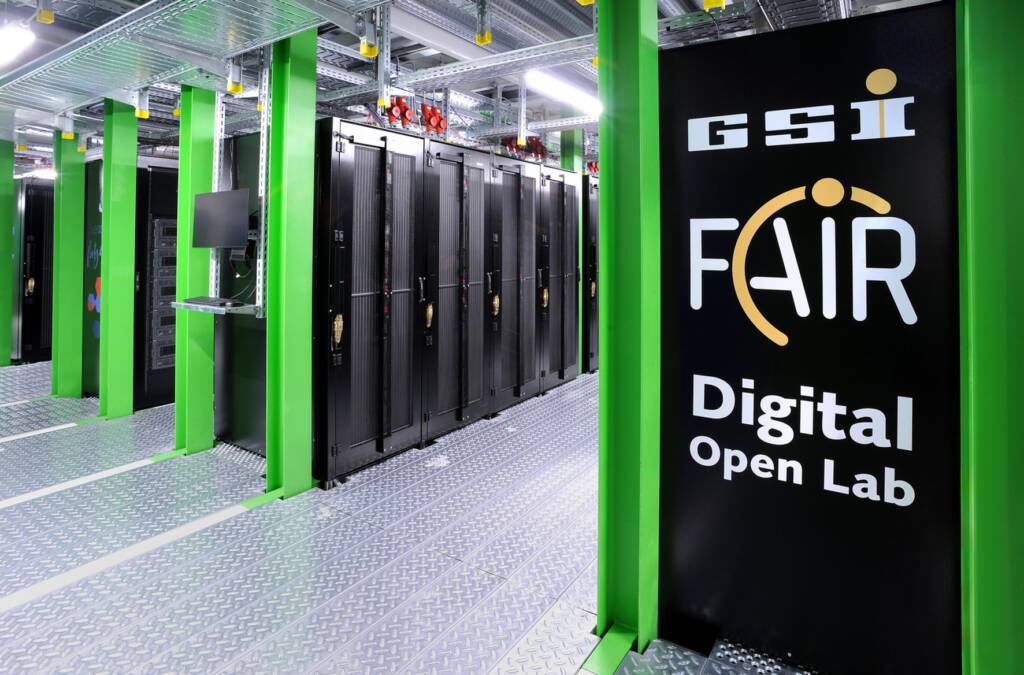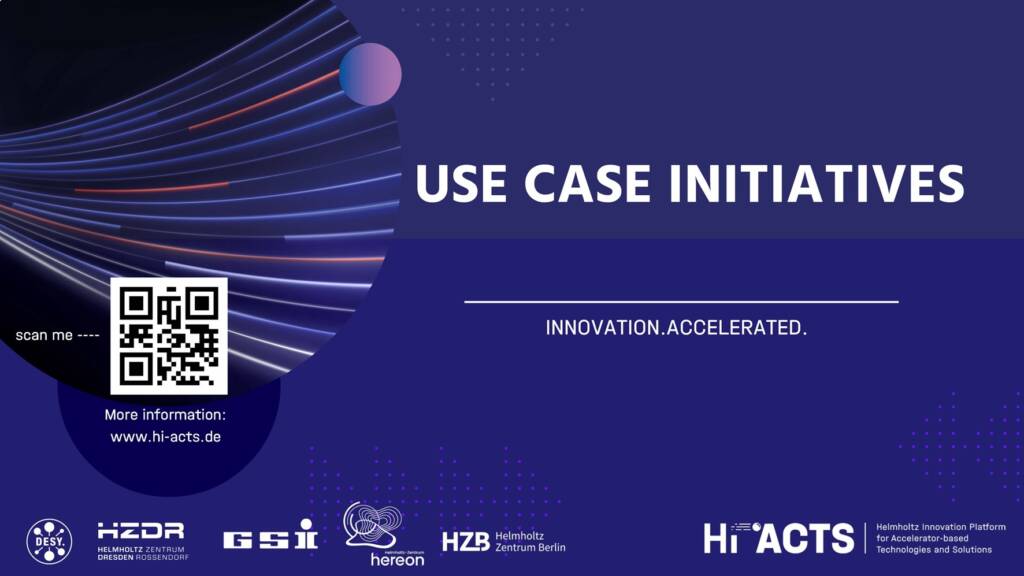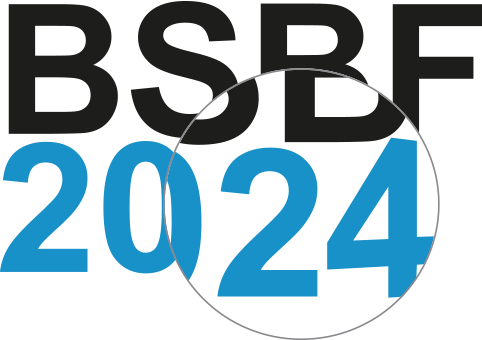Technology Transfer Track Posters
GSI Helmholtzzentrum für Schwerionenforschung GmbH
Truncated cosine-theta magnet
GSI proposed a truncated cosine-theta magnet to exceed the 2 Tesla limit of conventional septum magnets. Funded by Big Science Sweden, GSI/FAIR, FREIA Laboratory, and EXAMEC AB are developing a proof-of-concept study for a prototype magnet for future accelerators (CERN-FCC, GSI/FAIR-SIS300) and medical applications.
The study aims to create a model and roadmap for advanced versions, enabling the development of a novel superconducting truncated cosine-theta magnet.
Promising prospects for collaboration in magnet technology include:
- Superconducting prototype magnet: Detailed design, production, and testing.
- High-Field Septum Magnet for FAIR or FCC: Targeting a 4 T high-field septum magnet, including design, production, and testing.
- Compact, energy-saving magnet for medical accelerators: Collaboration with medical facilities to understand needs and innovate designs.
We are looking for partnerships with industrial R&D and magnet manufacturers for superconducting, normal conducting, and septum magnets for synchrotrons and medical accelerators.

GSI/FAIR Digital Open Lab
The rapid advancements in AI, high-performance computing, and big data enable companies to offer products and services more efficiently. GSI/FAIR’s Green IT Cube houses the “GSI/FAIR Digital Open Lab” (DOL), an HPC open lab for industry and research partners to develop, test, and scale energy-efficient high-performance computing.
Within the DOL, computing and storage systems can be optimized for cooling and tailored to specific application needs, ensuring maximum performance and cost-effectiveness. The lab supports various operating modes and load distributions and offers:
- Resources for adapting and testing innovations, including HPC, data center, AI expertise, efficient hardware, and IT consultants.
- An innovation ecosystem for developing, testing, and validating concepts under real-world conditions, enabling large-scale testing and collaboration with other research partners.
- Flexibility for large projects and prototype testing.
The DOL targets research institutions and companies focused on energy-efficient IT, offering a platform for efficient collaboration and interest representation.

Accelerator Based Technologies
Hi-Acts develops technological and analytical solutions that make accelerators easier to exploit for industrial needs.
One instrument for achieving these goals is the annual Hi-Acts Use Case Initiatives. This seed-funding measure aims to address current challenges facing industrial partners and seek short-term R&D or production solutions. The initiatives are clearly related to accelerators, or else they facilitate the industrial use of accelerators for technological, analytical or organisational solutions.
About € 50.000 to € 100.000 per project (investment, personnel, material) over 12 months: co-funded collaborations with industry and hospitals, licensing agreements and spin-offs, and demonstrable significant technical progress in the transfer of know-how from research to practical applications.


